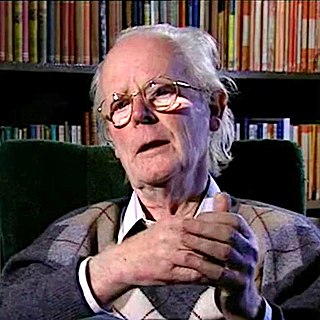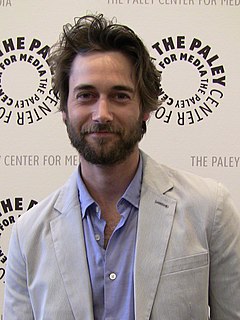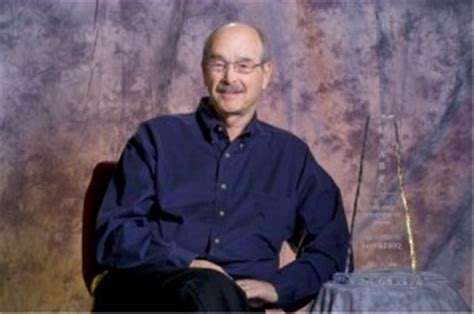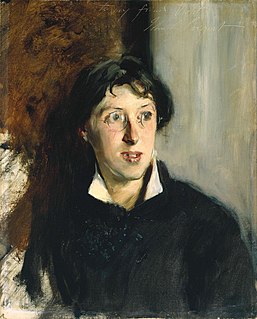Цитата Роджера Пенроуза
С математикой всегда так: небольшой непосредственный опыт самостоятельного обдумывания вещей может дать гораздо более глубокое понимание, чем простое чтение о них.
Связанные цитаты
Освойте те книги, которые у вас есть. Прочтите их внимательно. Купайтесь в них, пока они не насытят вас. Читайте и перечитывайте их… переваривайте их. Позвольте им войти в себя. Прочтите хорошую книгу несколько раз и сделайте по ней заметки и анализ. Учащийся обнаружит, что на его умственную конституцию сильнее влияет одна хорошо усвоенная книга, чем двадцать книг, которые он просто бегло просмотрел. Мало обучения и много гордости происходит от поспешного чтения. Некоторые люди лишены возможности думать, отказываясь от медитации ради большого чтения. В чтении пусть ваш девиз будет «много не много».
Когда мы хотим, чтобы книга была точно такой же, как та, которую мы только что прочитали, то на самом деле мы хотим воссоздать это приятное переживание — безудержный рывок к последней странице, погружение в жизнь персонажа, более глубокое понимание того, что мы получили. место или время, или ощущение чтения слов, которые составлены таким образом, что заставляют нас смотреть на мир по-другому. Нам нужно начать думать о том, что нас привлекает в книге, а не о том, о чем эта книга.
В художественной литературе вы словно попадаете в созданный вами мир грез, но ваши персонажи имеют свою свободную волю. Они не делают того, что вы от них хотите: они попадают в беду, употребляют наркотики, ссорятся из-за мелочей и совершают возмутительные поступки, которых вы не хотели бы, чтобы делали ваши дети. Другими словами, вы можете предоставить только предысторию, семена — в моем случае предысторию вьетнамского беженца.
Часто мне кажется, что я отправляюсь в какой-то отдаленный регион мира, чтобы напомнить себе, кто я есть на самом деле. Нет никакой тайны в том, почему это должно быть так. Лишенный вашего обычного окружения, ваших друзей, ваших повседневных дел, вашего холодильника, полного вашей еды, вашего туалета, полного вашей одежды - со всем этим убранным, вы принуждены к непосредственному переживанию. Такое непосредственное переживание неизбежно заставляет вас осознать, кто это переживает. Это не всегда удобно, но всегда бодрит.
О ряде аспектов математики мало говорится в современной истории математики. Мы имеем в виду бизнес и коммерцию, войну, мистику чисел, астрологию и религию. В некоторых случаях писатели, надеясь приписать математике благородное происхождение и чисто научный опыт, отворачивались от нее. Историки стремились обосновать науку, но Служанка Наук прожила гораздо более распутную и интересную жизнь, чем позволяют ее историки.
Чтение — это просто суррогат самостоятельного мышления; это означает позволить кому-то другому управлять вашими мыслями. Более того, многие книги служат лишь для того, чтобы показать, как много способов ошибиться и как далеко вы сами заблудитесь, если будете следовать их указаниям. Вы должны читать только тогда, когда ваши собственные мысли иссякают, что, конечно, случается довольно часто даже с лучшими головами; но изгнать свои мысли, чтобы взяться за книгу, есть грех против святого духа; это все равно, что покинуть нетронутую природу, чтобы посмотреть на гербарий или гравюры пейзажей.
Натуралисты были заняты размышлениями о Природе. Они не озаботились тем, что они думали. В тот момент, когда обращаешь внимание на это, становится очевидным, что собственное мышление не может быть просто естественным событием и, следовательно, существует нечто иное, чем природа. Сверхъестественное не является чем-то далеким или непонятным; это вопрос ежедневного и ежечасного опыта, столь же интимного, как дыхание.
Если вы сможете наблюдать свой собственный опыт с минимальным вмешательством, и если вы не будете пытаться контролировать то, что вы испытываете, если вы просто позволите вещам происходить и будете наблюдать за ними, тогда вы сможете обнаружить в себе то, что вы раньше не знал. Вы можете обнаружить маленькие кусочки внутренней структуры вашего разума, те самые вещи, которые делают вас тем, кто вы есть.
Суть математики в том, что в ней мы всегда избавляемся от отдельных экземпляров и даже от каких-либо конкретных видов сущностей. Так что, например, никакие математические истины не применимы только к рыбам, или только к камням, или только к цветам. Пока вы имеете дело с чистой математикой, вы находитесь в царстве полной и абсолютной абстракции. . . . Математика есть мысль, движущаяся в сфере полной абстракции от любого частного случая того, о чем она говорит.
Современные поэты скептичны и подозрительны даже, а может быть, и особенно в отношении самих себя. Они публично признаются в том, что они поэты, лишь неохотно, как будто немного стыдятся этого. Но в наше шумное время гораздо легче признать свои недостатки, хотя бы красиво оформленные, чем признать свои достоинства, потому что они спрятаны глубже, и ты никогда не веришь в них сам.
Что же касается большинства других вещей, в отношении которых мы имеем лишь небольшой личный опыт (иностранцы, социалисты или аристократы, в зависимости от обстоятельств), существует определенная степень неприязни к тому, что называется Мышлением. ... Я склонен полагать, что большая часть вреда, наложенного таким образом на дверь этого бедного неизвестного количества Мышления, на самом деле связана с его вездесущим братом-близнецом Разговором.




































